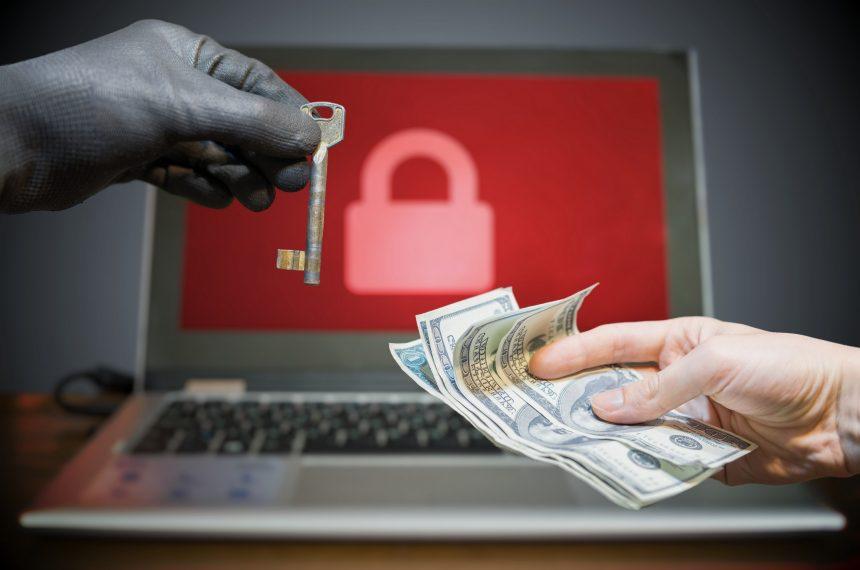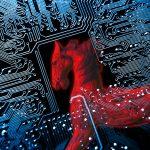The STOP/Djvu Ransomware Family Continues to Grow QLNN Ransomware
QLNN Ransomware is one more addition to the STOP/Djvu Ransomware family. Like other associated variants, it mostly spreads via unreliable downloads, phishing emails, social engineering scams, and questionable online ads.
The hackers behind QLNN Ransomware want to extort victims for a quick payoff by locking their files and then demanding a ransom payment for file decryption. Most files are affected by QLNN Ransomware, including photos, music, documents, and videos.
Unfortunately, an online decryption tool that would unlock the files encrypted by QLNN Ransomware is not available at the moment, and the only reliable way to recover infected files is to restore them from a backup. You could also possibly use alternative data recovery options. However, there’s no guarantee that alternative data recovery tools will unlock all the encrypted files.
Once the malware enters the victim’s system, it runs the AES encryption algorithm to lock up important files. QLNN Ransomware then appends affected files with the ‘.qlnn’ suffix and drops a ransom note on the user’s desktop in the form of the ‘_readme.txt‘ document. The ransom note, which asks the victim to pay $980 for file decryption, also provides the contact information to communicate with hackers. Victims who contact the hackers within 72 hours are supposedly offered a 50% discount on the ransom.
Additionally, should victims contact the criminals, they will be told to send one file to the attackers to have it decrypted for free. The hackers do this to prove they can unlock the victim’s files once they pay the ransom. Although cooperating with the cybercriminals behind QLNN Ransomware may feel like the easiest way to solve your issue, you should keep in mind that they will not help you for free, and paying does not guarantee that you will retrieve your files.
Dealing with the QLNN Ransomware Infection
If you get infected with QLNN Ransomware, you should scan for the related files using a reputable anti-malware tool. Additionally, you should keep backup copies of your valuable data on an external disk or a cloud drive to mitigate possible damages in a future attack.





